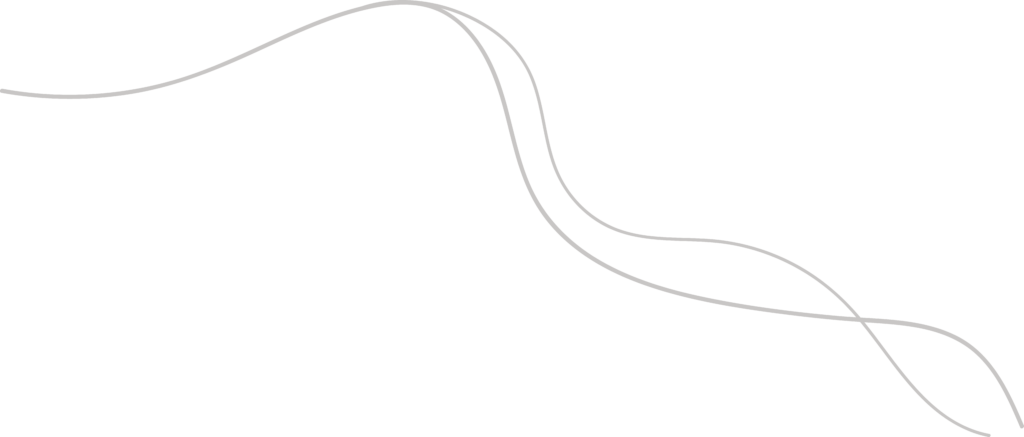The young Belgian start-up Persomed is unique – it was founded in 2020 by four partners each with relevant expertise in the personalized immunotherapy field: myNEO, QbD Group, Antleron, and the VUB. Together, the multidisciplinary strength and expertise has resulted in the development of Persomed’s cutting-edge technology platform for personalized cancer treatments. The organization is now at crucial point, raising funds to initiate a clinical trial phase I in a first, urgent-medical-need indication: metastatic colorectal cancer.



